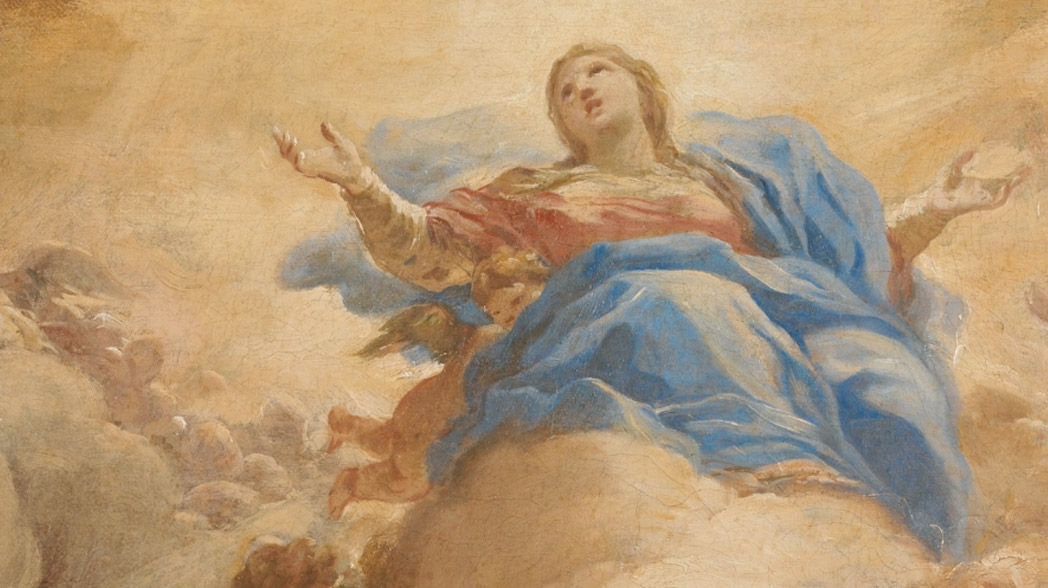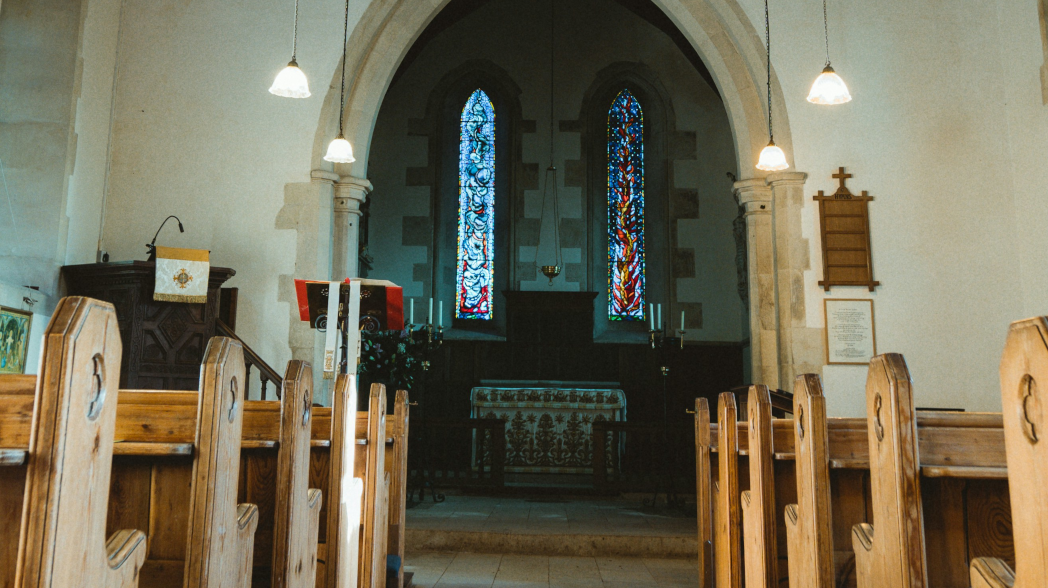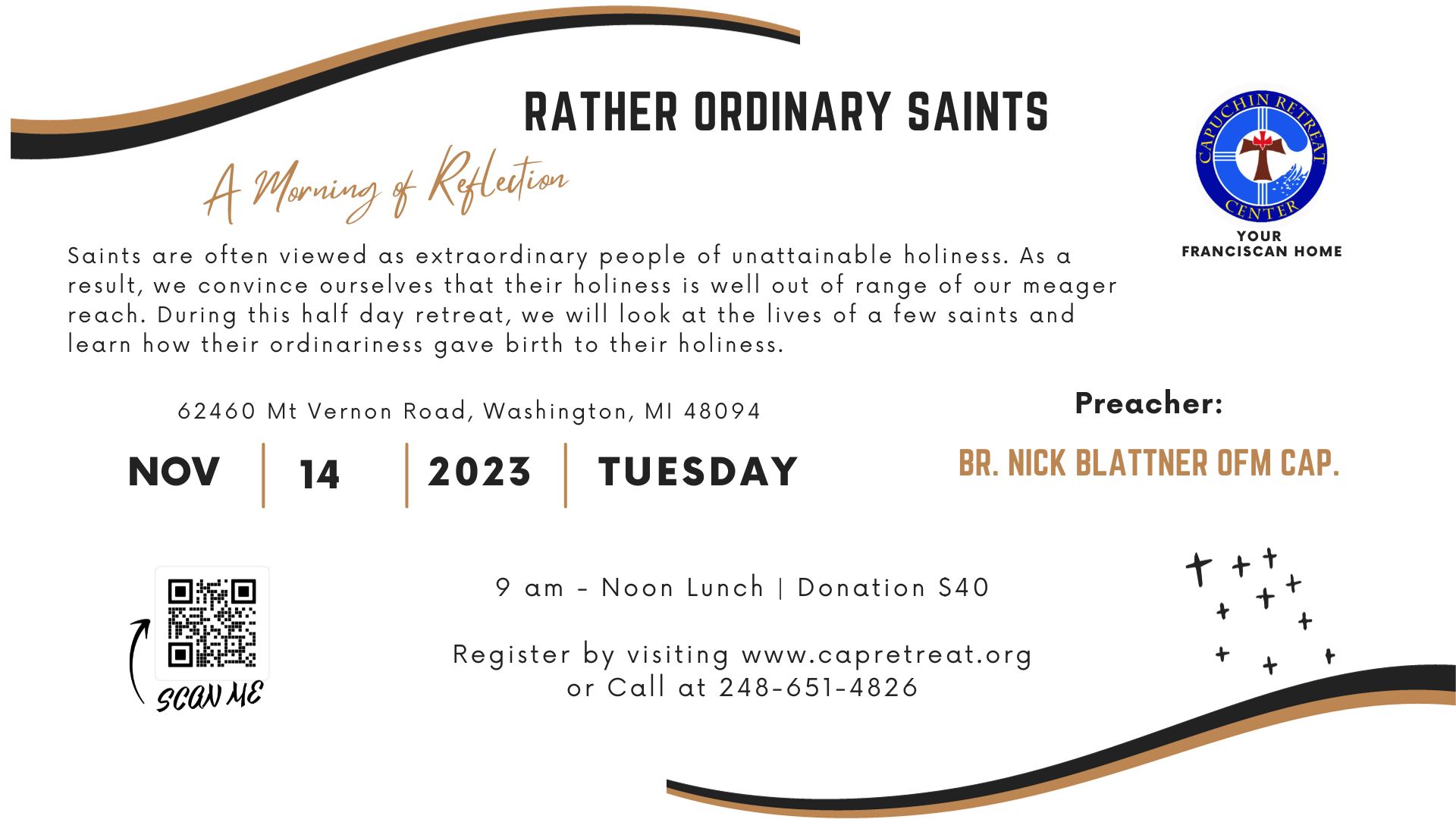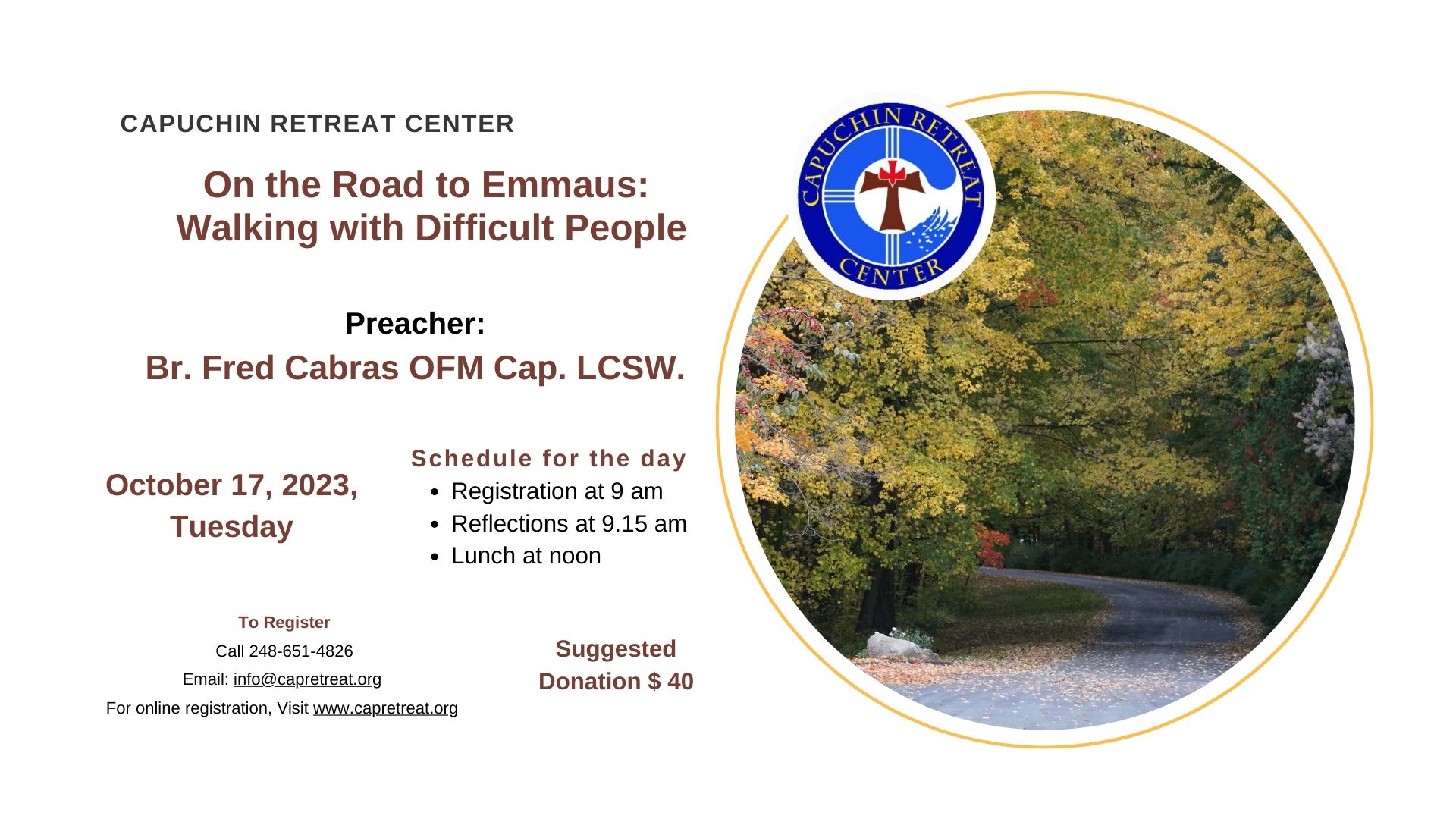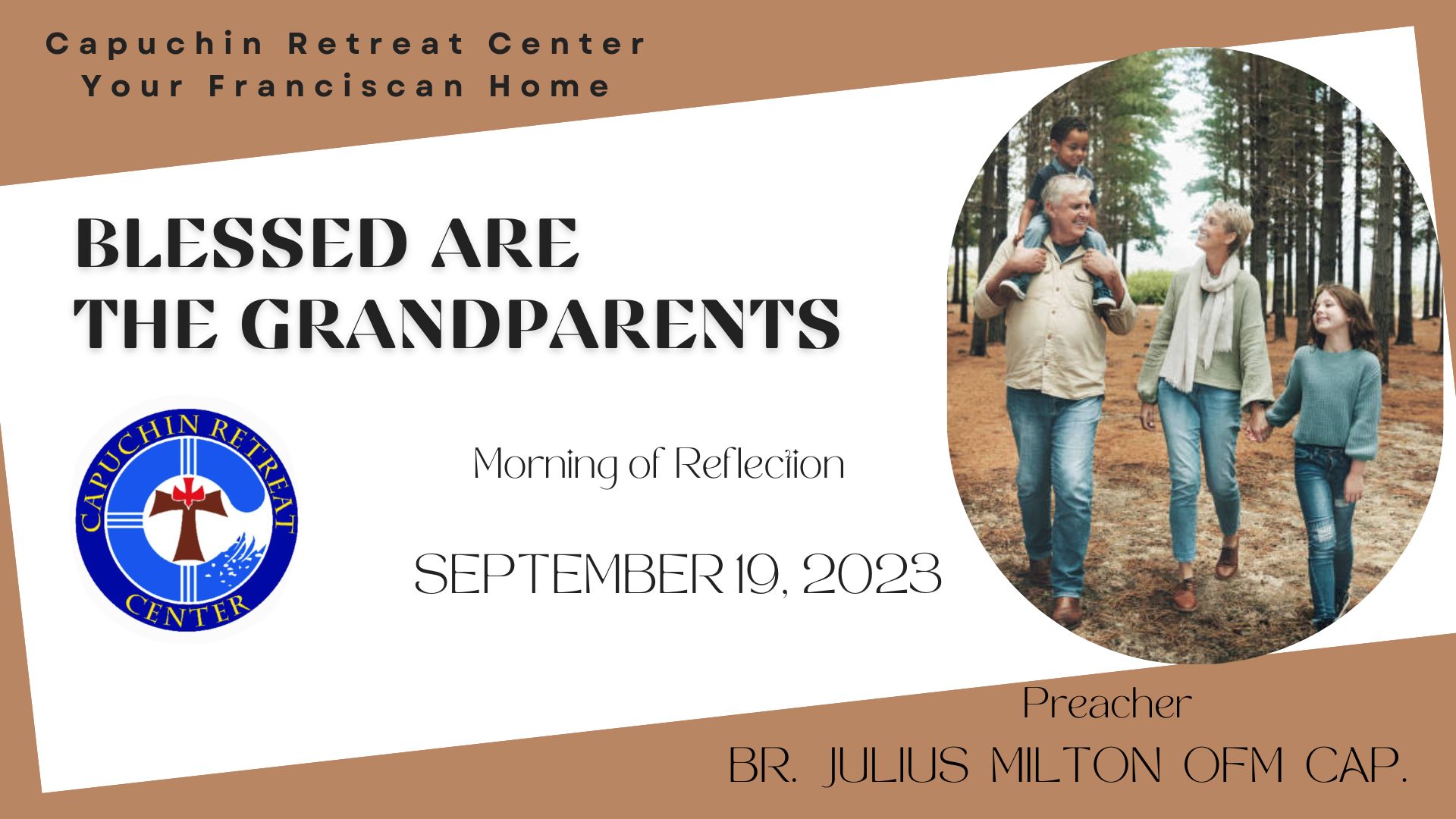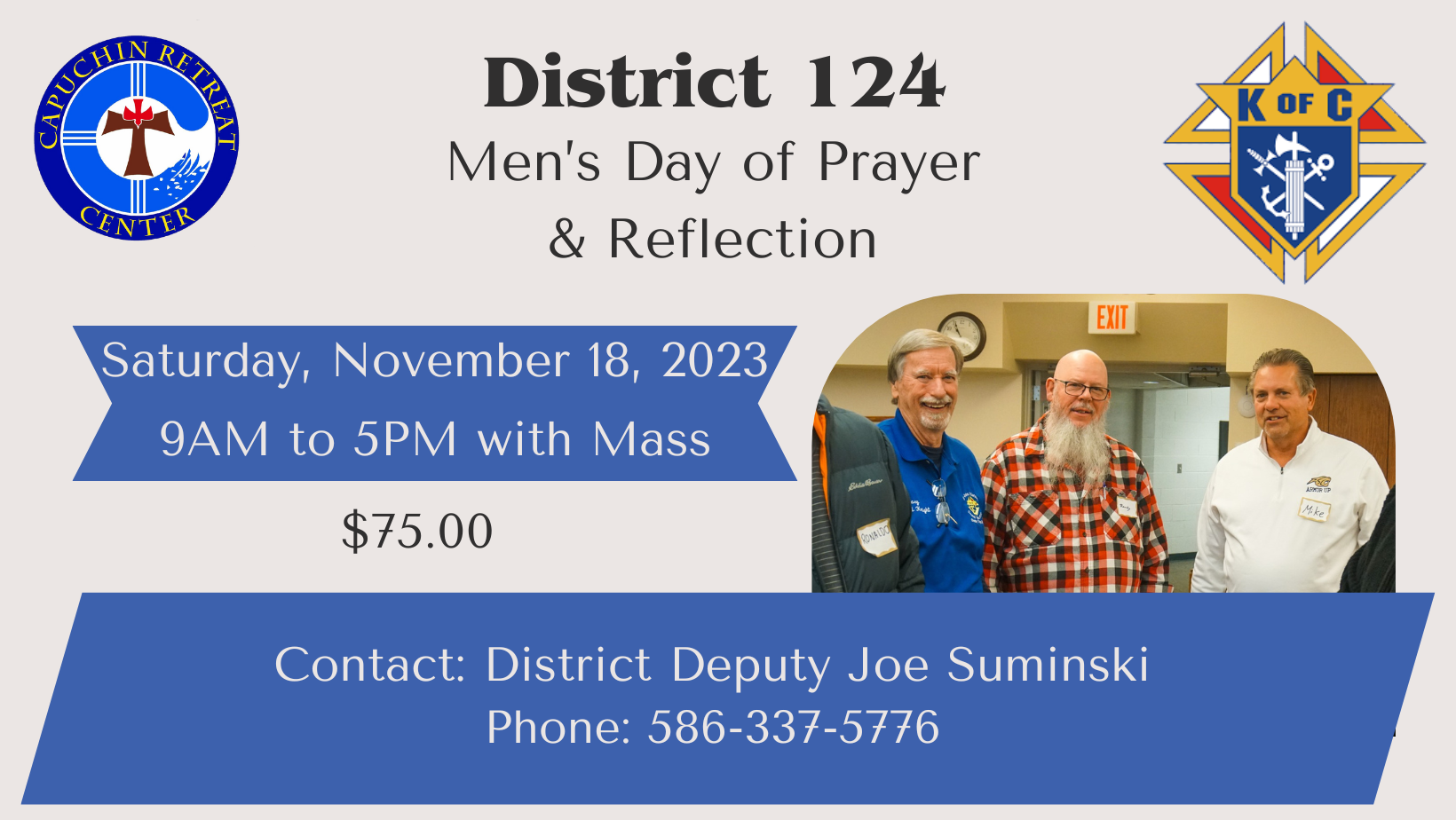By Br. McLean Bennett, OFM Cap.
There is something of a cottage industry on social media these days: The posting to the internet of videos of people doing bad or stupid things … and then getting their just deserts.
If I scroll through YouTube, I almost inevitably end up coming across a video titled something like: “Idiot driver crashes into semi.” What’s caught on camera is a video of someone driving too fast or too recklessly, and then slamming into a big truck. Viewers are encouraged to say things like: “Well, he had that coming!”
Or a person might be filmed in the midst of a tense conflict with someone else — sometimes with the person holding the camera — and we’re invited to watch their spectacular, public meltdown. “It’s OK,” we’re supposed to think. “They deserve to be called out and ridiculed!”
It’s easy to turn people into a meme, ridicule their actions and justify our pleasure in our doing so by insisting that it’s all simply a carriage of popular justice.
This isn’t a new phenomenon.
As a friend of mine pointed out to me a few years ago, what goes on in today’s world of social media is simply a modern variation of what we used to call “scapegoating.” We turn our enemies into objects of derision — and tell ourselves that we stand on the side of moral virtue.
Scholars would perhaps point out that this is what’s going on in today’s first reading, which is all about the Assyrians — or the “scoundrels,” as the prophet Nahum calls them.
The Assyrians were hated by just about everyone — and they might have deserved it. They were famously brutal, and had made a lot of enemies, including the Israelites of Nahum’s time.
About a century before he wrote, Assyria had conquered much of Israel, pressing many of Abraham’s descendants into a violent exile.
But by the time of today’s first reading, the Assyrians had fallen to the Babylonians — the Mediterranean world’s newest big empire.
Nahum’s whole purpose in writing was to point out that the Assyrians had finally eaten their humble pie, and that the whole world was taking note.
Today’s first reading seems to take a gleeful bit of pleasure in the Assyrians’ downfall.
There’s a different tone in today’s gospel, in which Jesus prescribes a different way of approaching our relationship to the world — even a world that wanted to crucify him.
“Whoever wishes to come after me must deny himself, take up his cross, and follow me.
“For whoever wishes to save his life will lose it, but whoever loses his life for my sake will find it.”
There is nothing here about breaking one’s enemies. There is nothing here about humiliating one’s opponent — even if we’re sure our opponent deserves to be humiliated.
To be like Jesus, to follow him and be his disciple, is to carry a cross. And our cross, like Jesus’, is a cross that brings healing not only for us, but also for our enemies.
Praying for those we don’t like might not come naturally or by instinct. It’s easier to lash out and to scapegoat.
At Mass, we pray at the altar that in consuming Jesus’ body and blood, we ourselves might be made an eternal offering to God.
As we walk out of this chapel, the ground beneath our feet might well be thought of as the altar on which we make this offering — the place where we carry our own cross.
We might ask: For whom are we carrying that cross today?

